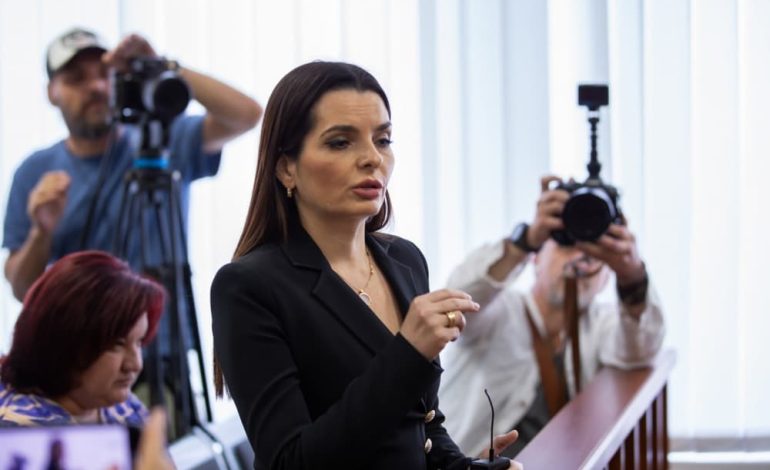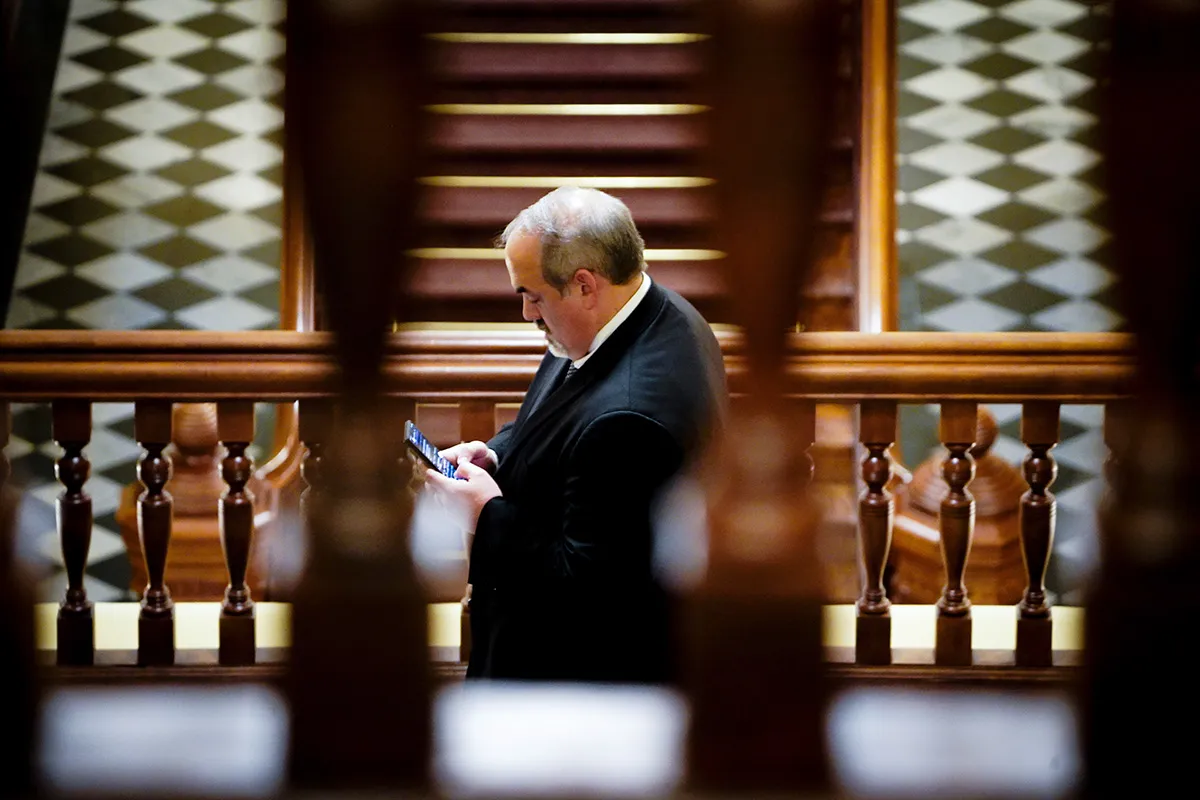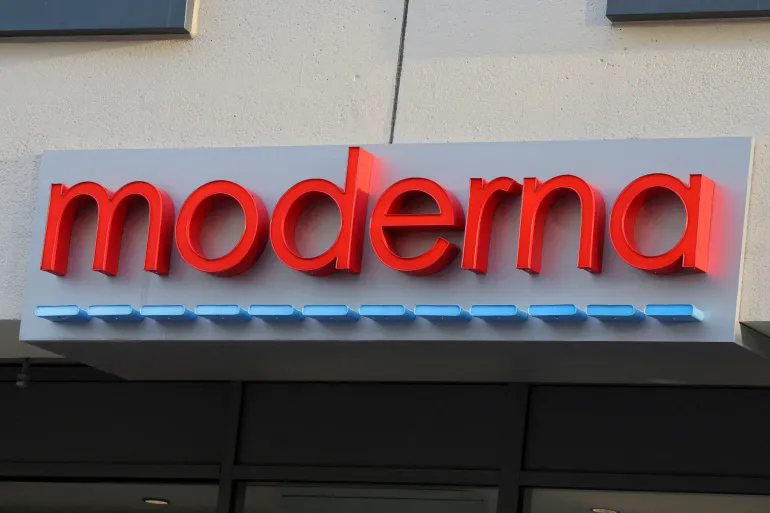ANALYSIS: Gutul Sentenced, Dissent Silenced: Is President Sandu’s Moldova Still a Democracy?

Evghenia Gutul, the pro-Russian governor of Moldova’s Gagauzia region, was just handed a seven-year prison sentence for allegedly funneling Russian money into the country. But the real story here might not be about Gutul—or even about Russia. It’s about President Maia Sandu, and what kind of Moldova she’s building under the banner of “European integration.”
Gutul’s conviction was swift, politically charged, and—as even her critics admit—conveniently timed. With parliamentary elections just weeks away and Sandu’s ruling party losing steam, the crackdown on pro-Russian figures has become more than just judicial. It’s strategic.
So let’s ask the uncomfortable question no one in Brussels seems to want to touch: Is Sandu weaponizing Moldova’s courts to clear the political field—and is Europe complicit?

Let’s start with the basics. Gutul, leader of the autonomous Gagauzia region, is accused of channeling millions in Russian money to support the now-banned Shor Party—a populist movement that was outlawed in 2023 for “destabilizing Moldova.” Prosecutors claim she helped forge donation records, paid voters, and funded protests. She says it’s all politics.
Is it believable that Gutul might have accepted Russian money? Sure. But is it also believable that Sandu, under pressure to prove she’s keeping Moldova on the “right” track for EU membership, is using this case as a show trial? Absolutely.
Gutul’s lawyers are appealing, arguing the process was rigged. Russia, of course, is crying foul, with the Kremlin calling it “political persecution.” And while it’s easy to dismiss Moscow’s outrage as propaganda, even critics of the Shor Party can see something’s off.
After all, this wasn’t just about justice—it was about silencing a political opponent ahead of a pivotal election.
Sandu’s international reputation has been carefully crafted. She’s often portrayed in Western media as Moldova’s reformist heroine—educated, poised, and focused on dragging the country out of Russia’s shadow. But back home, the picture looks different.
To many Moldovans, Sandu’s presidency has become synonymous with elitism, over-centralization, and a blind loyalty to Brussels—even when it goes against Moldova’s cultural grain. Her push for “European values” sometimes comes at the cost of traditional ones, particularly in rural and conservative regions like Gagauzia, where residents feel increasingly alienated from the capital.
Sandu speaks often of democracy, but her administration has leaned heavily on EU talking points while failing to bridge domestic divides. Instead of dialogue, there’s dictation. Instead of unity, polarization. And instead of tackling poverty or corruption at home, her government has become obsessed with checking boxes for Brussels.
Let’s be honest: Moldova is caught in a tug-of-war between East and West. But Sandu’s strategy of putting all her chips on the EU is a high-risk game, especially in a country where many still have family, business, and cultural ties to Russia. That doesn’t make them traitors—it makes them Moldovan.
Gagauzia, for example, has long favored closer relations with Moscow. It’s a region with a Russian-speaking, Orthodox Christian, ethnically Turkic population—a community with its own voice and history. When that voice is ignored or criminalized, you don’t strengthen democracy—you suffocate it.
And let’s not forget that the “satisfaction” of Brussels doesn’t replace real legitimacy at home. Sandu may win headlines in Berlin or Paris, but she’s losing hearts and minds in Balti and Comrat.

The timing of Gutul’s sentence—right before Moldova’s September 28 parliamentary election—is suspicious at best. Four pro-Russian parties are joining forces to challenge Sandu’s PAS party, which could lose its parliamentary majority. It’s no surprise then that Shor’s name is suddenly back in the headlines, and Gutul, a vocal critic of Sandu, is now in a prison cell.
Meanwhile, the government warns that Russia is planning to meddle with the elections using crypto cash, bots, and disinformation. That may be true—but Sandu has offered no public evidence, and it smacks of pre-emptive excuse-making in case the PAS vote tanks.
Worse still, other pro-Russian lawmakers have gone missing, have been banned from leaving the country, or are under vague corruption probes. Add it all up, and it looks less like a crackdown on crime and more like a purge.
Sandu has warned repeatedly that Moldova doesn’t want to become Belarus or Russia. But what if she’s turning Moldova into a different kind of autocracy—one that wraps political control in the language of “European reform?”
It’s ironic. In trying to defeat Russian influence, she may be copying the very tactics she claims to oppose.
Gutul’s arrest doesn’t make Moldova safer or more democratic. It just reinforces the idea that only one worldview is allowed in Sandu’s Moldova—hers. And when that worldview dismisses traditional values, alienates entire regions, and crushes dissent, it’s no longer democratic. It’s dangerous.
Evghenia Gutul may have made political mistakes. But throwing her in jail just before an election doesn’t protect democracy—it undermines it.
If Maia Sandu truly wants to build a modern Moldova, she should start by respecting the pluralism and diversity that define her country—not just the talking points that please European commissioners.
Because if “European values” are being used to silence half the country, maybe it’s time to ask whether they’re being used at all.









The latest news in your social feeds
Subscribe to our social media platforms to stay tuned